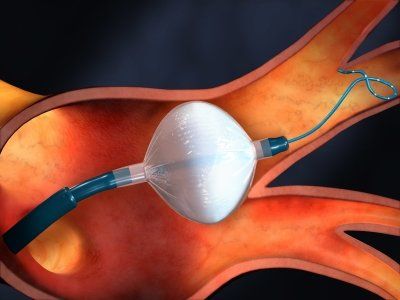Atrial Fibrillation Cryoablation
in Daytona Beach & Titusville, FL
Just a decade old, cryoablation for atrial fibrillation is offering additional surgical options to treat atrial fibrillation.
No one plans on having heart problems, but if you do you need to find a doctor you can trust. At Complete Cardiology Care we staff Cardiologists and Electrophysiologists that treat afib patients with cryoablation in Daytona Beach, Ormond Beach, Palm Coast, Deltona, Deland, and the surrounding areas.
Fast recovery
Minimally invasive
Outpatient surgery
Treat your afib

What is Cryoablation?
Heart doctors began using heat-based ablation to treat AF more than a decade ago, but new scientific evidence supports the use of cold therapy for this condition as well. The FDA approved the first cardiac cryoablation catheter in December of 2010.
An electrophysiologist (EP doctor) performs cryoablation to disable the heart cells that cause AF and restore the heart to a normal rhythm. Cryoablation is a minimally invasive procedure in which the EP doctor uses a thin flexible tube, known as a balloon catheter, to locate and freeze this heart tissue. Cryoablation is an appropriate treatment for atrial fibrillation when medications and other AF treatments do not restore the heart to a normal rhythm.
Cryoablation is a safe, effective treatment of atrial fibrillation (AFib). Our highly skilled electrophysiologists have years of experience in researching and using cryoablation to regulate the heartbeat.
Freeze the afib away today
If you are curious how we can treat your afib with cryoablation in Daytona Beach, FL please reach out to us. We are currently accepting new patients. Complete Cardiology Care staffs Cardiologists and Electrophysiologist that serve patients in Ormond Beach, Daytona Beach, New Smyrna Beach, Port Orange, Deltona, Deland, and the surround areas.
Our Cardiologists and Electrophysiologist take nearly all insurances. We accept Aetna, AARP Medicare Complete, Blue Cross / Blue Shield, Cigna, Florida Healthcare, Florida Hospital Care Advantage, Freedom Health, Health First Health, Humana PPO - out of network benefits apply, Medicare, Optimum Healthcare, Railroad Medicare, Tricare, United Healthcare, VHN, Wellcare.
We are also a partner with the VA and are proud to serve those who have served our country!
Self Pay Cardiology services are available too! Call and ask for our price list.

